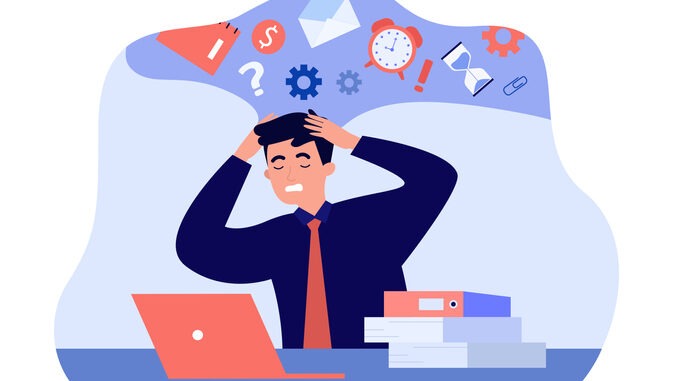
Bhavna Raithatha explains how stress develops and offers solutions to help manage the tensions
CREDIT: This is an edited version of an article that originally appeared on happiful
Whether it’s work pressures, financial or health concerns, there are a lot of ways stress can build. It affects everyone, from young children to the elderly, and it appears we live in an increasingly stressful world; often it may feel as though there is no time to stop and process how you feel or rest.
What is stress? It is defined as the ‘state of mental or emotional strain or tension resulting from adverse, or demanding, circumstances’.
What causes stress? It can be caused by a multitude of individual, or a number of interacting, factors in one’s life. This can have a big impact on a person’s self-confidence, self-esteem and individual experiences. Each individual’s stress reaction is largely the result of how that person has learnt to deal and cope with stress. However, if a person is regularly exposed to large amounts of stress, they can experience a sense of disempowerment and acceptance of their ‘fate’.
How does the body respond? Emotional reactions may include:
- Anger.
- Anxiety and/or panic attacks.
- Shame.
- Depression.
- Burnout.
Behavioural reactions may include:
- Withdrawal from day-to-day and social activities.
- Engaging in, or increasing, addictive behaviours e.g. drinking, smoking,
- Arguments or fights,
- Withdrawing from work or relationships,
- Changes in regular patterns, e.g. eating, drinking, sleeping,
- Self-harm,
Cognitive reactions may include:
- Decreased attention.
- Increased distractibility.
- Irrational thinking.
- Inabilities to function.
Stress management
Stress management is a powerful way of dealing with stress and can help you adopt the right attitude to reduce it. Our thoughts create our realities; if we can become aware of our thoughts then we can begin to change them. There are many practical things you can do to address stress – here are some to think about:
- Exercise.
- Mindfulness.
- Journaling.
- Laughter – watch a good comedy, or get together with friends.
- Get out in nature.
- Talk it through with a therapist.
- Eat well – help your body.
- Sex, which has innumerable psychobiological benefits.
- Try to improve your work-life balance.


Be the first to comment